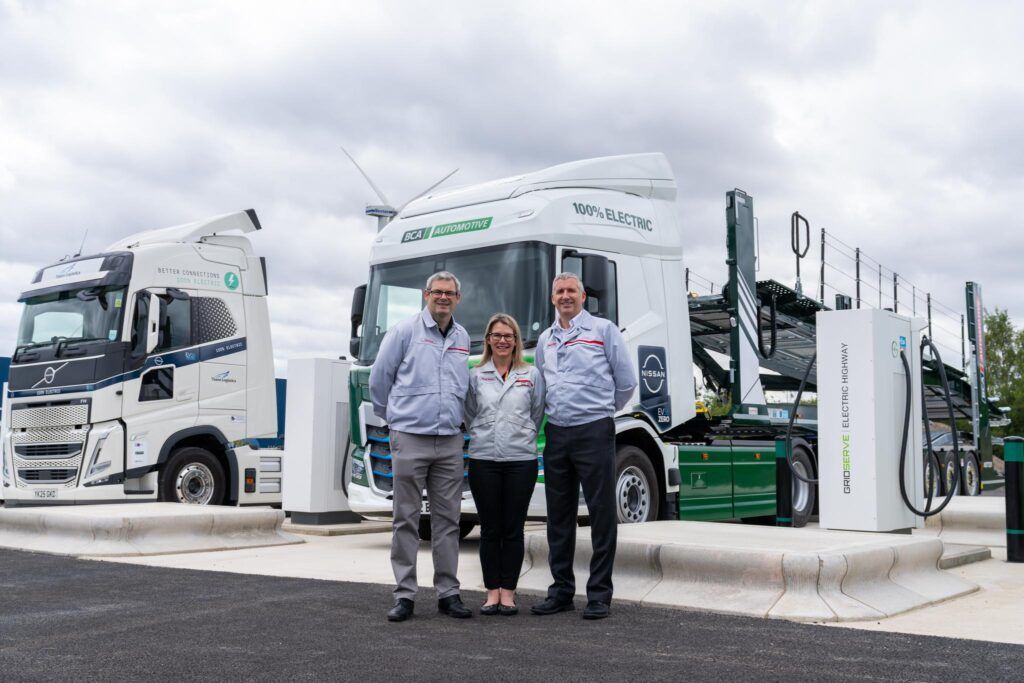The National Infrastructure Commission (NIC) has called on the government to produce a delivery roadmap for electric vehicle (EV) charging infrastructure to meet the 2030 ban on sales of new diesel and petrol cars and vans.
In the Annual Market Monitoring Report 2021, the Commission outlined a number of key priorities including:
- Produce a delivery roadmap for electric vehicle charging infrastructure to meet the 2030 end to new diesel and petrol car and vans sales including ensuring that future price controls facilitate the necessary investment in the electricity grid
- Publish a comprehensive cross-modal freight strategy with a firm commitment to phase out diesel HGVs by 2040 along with detailed decarbonisation plans consulted on with the road haulage and logistics industry
- Develop clear, actionable, and funded plans to deliver on energy commitments made in the Ten Point Plan for a Green Industrial Revolution, and the National Infrastructure Strategy, including setting out next steps on heat decarbonisation and the development of a hydrogen industry
- Further improve energy efficiency schemes to deliver a material increase in the energy efficiency of the country’s building stock over the coming year.
The Commission also wants to see a long term, strategic approach to transport investment and devolution in cities and regions. It outlined the following as priorities:
- Set out a pathway to major urban transport investment in the 2030s, with a committed long term funding envelope in the order of £30 billion including locally raised finance, and a process to identify a number of priority cities for transformational upgrade programmes, to be developed in partnership with local authorities
- Set out proposals for continuous five year local transport budgets for mayoral authorities in England to continue beyond 2027, along with considering long term funding, decision-making and local accountability together to make devolution a success.
The Report proposes a ten point plan for accelerating action to turn government’s ambitions into reality, including launching a new Infrastructure Bank as soon as possible and giving greater long term funding and control to large cities outside London for public transport upgrades.
The Commission welcomes last year’s publication by government of the UK’s first ever National Infrastructure Strategy, which endorsed many of the Commission’s own independent recommendations made in its 2018 National Infrastructure Assessment. The report notes the value of the policy direction provided by the strategy and related documents such as the recent energy white paper.
Clear plans with policy levers, appropriate budgets and milestones are now needed to ensure government departments, industry and regulators are working effectively towards the stated goals, argues the report, adding that the Covid pandemic only increases the importance of ensuring infrastructure is in place to support a sustainable economic recovery across the whole of the UK.
Sir John Armitt, Chair of the National Infrastructure Commission, writes in his foreword: “We anticipate that publication of the National Infrastructure Strategy will catalyse decision making and investment across all sectors, helping to address the challenges of levelling up the UK’s economic geography and achieving net zero. Infrastructure can also help create the conditions for a market led recovery from the major economic impacts of the Covid-19 pandemic.
“But achieving this will require detailed planning, and delivery roadmaps backed up by stable funding plans and, where relevant, clarity of regulatory oversight. These are critical factors for the successful delivery of the policy aspirations and targets government has now provided.”
The report notes that a number of strategy and policy documents are due to be published by government over the coming year, including the Heat and Buildings Strategy, the Hydrogen Strategy, a transport decarbonisation plan, the Integrated Rail Plan, and the English Devolution and Local Recovery White Paper. The Commission urges that these should be brought forward in a timely manner and contain concrete and actionable plans.
Armitt concludes: “2020’s policy statements set the bar high: 2021 must be a year of turning policy goals into delivery.”
Image from Shutterstock.















